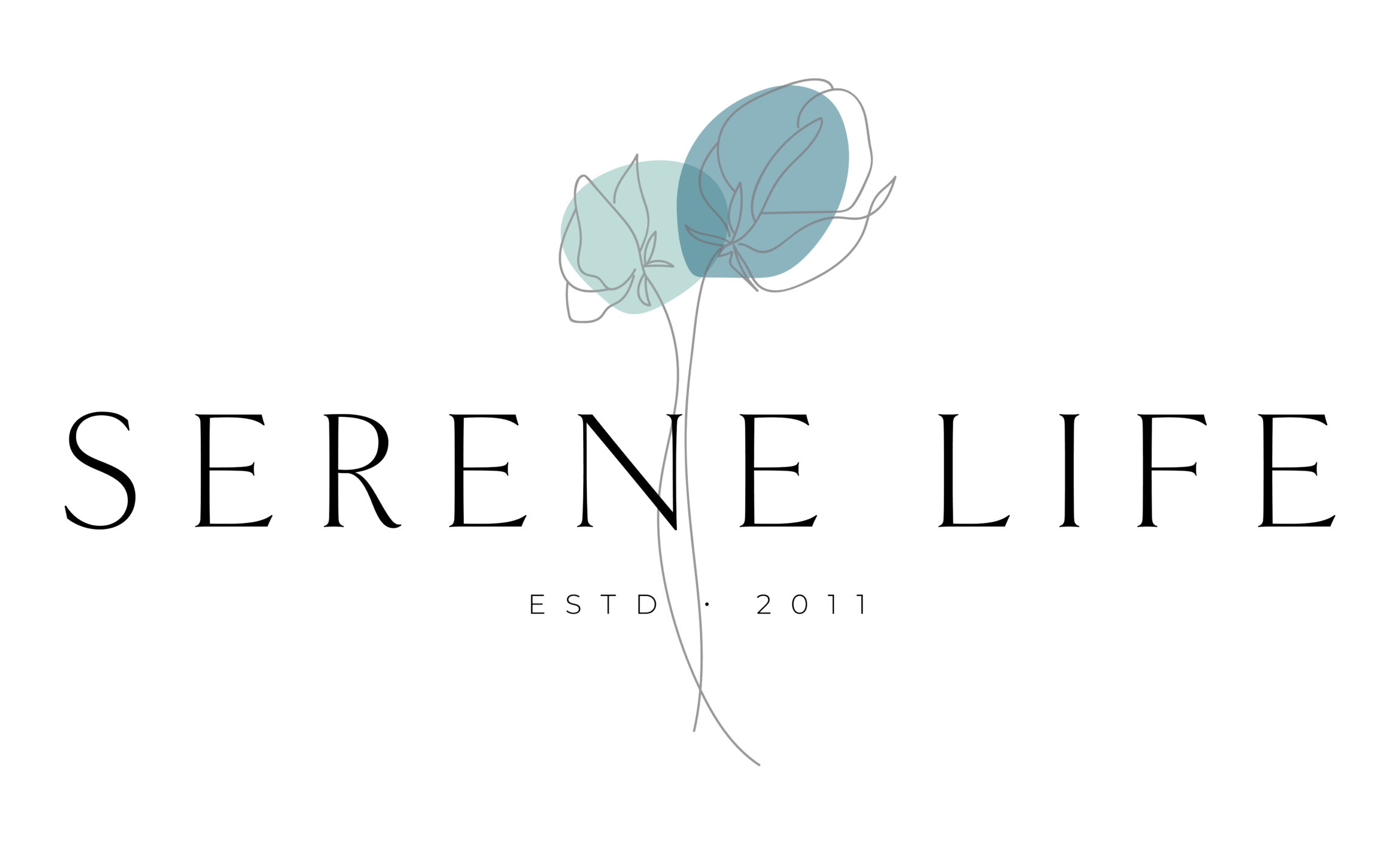 Jung in the Time of Coronavirus
Jung in the Time of Coronavirus
by Mark Napack, LCPC
Posted from Jung Society of Washington
[The] existence of a compensatory ordering factor which is independent of the ego and whose nature transcends consciousness… is no more miraculous, in itself, than… the attunement of a virus to the anatomy and physiology of human beings. (CW 11, para. 447)
As the story goes, Siddhartha Gautama was a prince who lived within castle walls set up by his father in order to protect him from the sufferings of the world. He lived in luxury and pleasure, until the day when he saw, beyond the constructed walls, the reality of sickness, old age, and death. Thus began the journey that transformed Siddhartha into the Buddha. I think of this story in our current crisis, because it so reminds me of what we are going through collectively as a culture.
In so many ways, contemporary American life has exerted strenuous efforts to create and live in an Epcot and sanitized version of reality. The shadow side of reality—sickness, old age, and death—have been placed in the corners of our society and our fear of it has been projected onto the nefarious “other.” There is, however, an inescapable polarity in nature of creation and destruction. Periodic pandemics have been a norm throughout human history and, in their own way, are perfectly natural. Jung himself marveled at “the attunement of a virus to the anatomy and physiology of human beings” (CW 11, para. 447). For Jung, this, among other things, revealed “the existence of a compensatory ordering factor which is independent of the ego and whose nature transcends consciousness” (CW 11, para. 447). While we may want to put it all outside of the gates, we can only hold on to this essentially egocentric position through primitive defenses of repression and projection. The tremendous polarity of nature is both within us and without.
One of the striking things about this current pandemic is how unprepared we have been for it, when scientists and public health experts have been predicting such an outbreak for years. It is as if we have been in denial of nature, not that it cares. The reality of nature and its viruses, so finely attuned to us, exist outside of our collective sense of ego and cannot be warded off through primitive defenses of denial and wishful thinking. Since what is denied comes to us as fate, to paraphrase Jung, we are faced with the opportunity of becoming conscious and moving forward through this—“What is miraculous in the extreme is that man can have conscious, reflective knowledge of these hidden processes, while animals, plants, and inorganic bodies seemingly lack it” (CW 11, para. 447).
In order for consciousness to take shape, we could use a temenos, a safe place that can protect and nurture the mind and soul. Such temenoi can serve as the compensatory meaning of “social distancing.” In that way, the traumas which may ensue in this international emergency may be processed in a manner that does not lead to social dissociation of self and other. In a dissociated state, a temenos would become an entombing prison. However, in a state of relatedness, the temenos may been symbolized as a sacred garden, apart but connected and full of life. Furthermore, temenoi, however maintained, can help keep moving the hermeneutical function of psyche—it’s desire and need for ongoing meaning through connections, associations, and relationships, like the movement of Hermes himself.
The hope here is that we are able to summon the energy to rise to the occasion so that “social distancing” becomes a sacred container which would more deeply connect us to what really matters. The temenos has been traditionally symbolized in the East and West by the mandala. These mandalas protect a sacred center. According to Jung, the temenos is “a means of protecting the center of the personality from being drawn out and from being influenced from outside” (CW 18, para. 410). We are faced with a dangerous opportunity, a true crisis, whose outcome is uncertain, resting, as it does, on fate, human consciousness, and responsibility . The human is part of a “psychic process that is independent of him, that works him rather than he it” (CW 11, para. 446). Perhaps losing our imagined superordinate position will lead to a new discovery of our humanity and that of others—with whom we share one world, unus mundus.
Mark Napack, M.A., S.T.L., M.S., studied archetypal patterns in comparative literature at Columbia University, after which he applied Jungian theory to the redemption motif in medieval theology for his thesis at Fordham University. He further studied Jung, psychology, and the history of religion at Loyola and Catholic Universities. A long-time graduate and college instructor, Mark has presented at international conferences and his work has appeared in scholarly journals and books in English and French. Mark Napack, LCPC, is also a Jungian informed psychotherapist in North Bethesda, MD.


